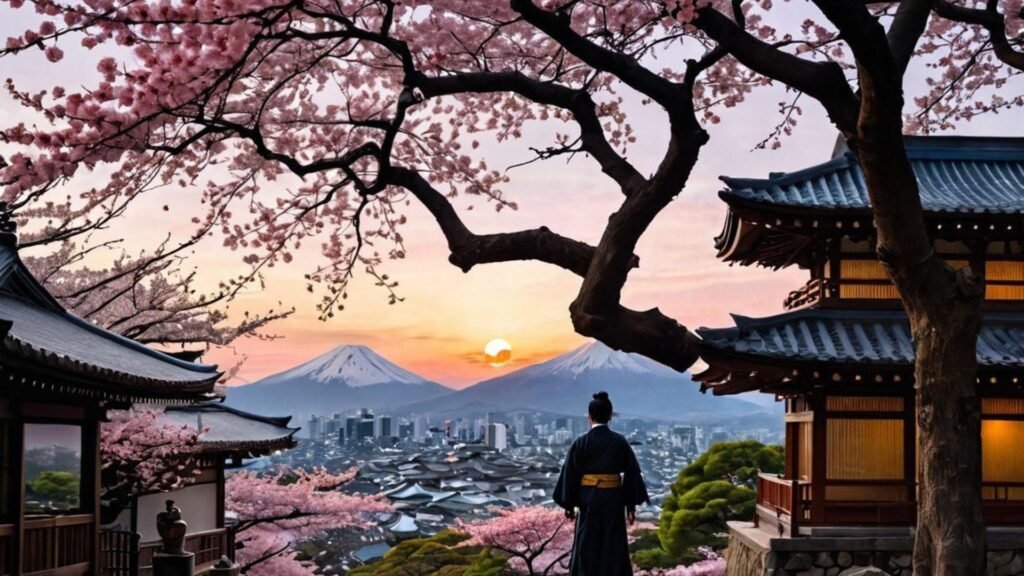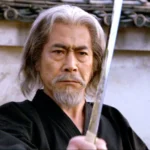Iconic Japanese Movie Directors and Their Masterpieces
Japanese cinema has produced some of the most influential and visionary directors in the history of film. These filmmakers have not only shaped the course of Japanese cinema but have also left a lasting impact on global filmmaking. Their masterpieces continue to be celebrated for their storytelling, visual style, and deep exploration of the human condition.

Akira Kurosawa: The Master of Epic Cinema
Akira Kurosawa is perhaps the most internationally recognized Japanese director, known for his epic storytelling and powerful visual style. His films often explore themes of honor, duty, and the human struggle, set against the backdrop of Japan’s historical periods.
Masterpieces:
- Seven Samurai (1954): This epic tale of samurai hired to protect a village from bandits is considered one of the greatest films ever made. Its innovative use of multi-character perspectives and action sequences has influenced countless filmmakers worldwide.
- Rashomon (1950): A groundbreaking film that tells the same story from multiple perspectives, Rashomon introduced the “Rashomon effect” into cinematic vocabulary, highlighting the subjective nature of truth.
Yasujirō Ozu: The Poet of Everyday Life
Yasujirō Ozu is celebrated for his minimalist approach to filmmaking, focusing on the subtleties of everyday life and human relationships. His films often depict family dynamics, exploring themes of change, loss, and the passage of time with a gentle, reflective style.
Masterpieces:
- Tokyo Story (1953): A poignant exploration of generational conflict, this film is widely regarded as one of the greatest films in cinema history. Its understated style and deep emotional resonance continue to influence filmmakers around the world.
- Late Spring (1949): This film is a tender portrayal of a father-daughter relationship, emphasizing the quiet sacrifices made within families. Ozu’s use of long takes and static camera angles creates a meditative atmosphere.
Kenji Mizoguchi: The Chronicler of Women’s Struggles
Kenji Mizoguchi is known for his empathetic portrayal of women and their struggles in a patriarchal society. His films often feature strong female protagonists and explore themes of sacrifice, suffering, and social injustice.
Masterpieces:
- Ugetsu (1953): A hauntingly beautiful film set during Japan’s civil wars, Ugetsu blends history and ghostly elements to tell a story of ambition, love, and regret. Its lyrical imagery and complex narrative structure have made it a classic of world cinema.
- The Life of Oharu (1952): This film follows the tragic life of a woman who falls from nobility to destitution. Mizoguchi’s compassionate storytelling and his use of long, flowing takes make this film a powerful indictment of social inequality.
Hayao Miyazaki: The Visionary Animator
Hayao Miyazaki is a legendary figure in animation, known for his imaginative worlds, strong characters, and environmental themes. As the co-founder of Studio Ghibli, Miyazaki has created some of the most beloved animated films of all time.
Masterpieces:
- Spirited Away (2001): This Academy Award-winning film tells the story of a young girl who becomes trapped in a mysterious, magical world. Spirited Away is celebrated for its rich animation, complex characters, and deep thematic content.
- My Neighbor Totoro (1988): A heartwarming tale of childhood wonder and the power of nature, My Neighbor Totoro has become an iconic film, symbolizing the innocence and imagination of childhood.
Nagisa Ōshima: The Rebel of Japanese Cinema
Nagisa Ōshima was a key figure in the Japanese New Wave, known for his provocative and politically charged films. His work often challenged social norms and explored taboo subjects, pushing the boundaries of what was acceptable in Japanese cinema.
Masterpieces:
- In the Realm of the Senses (1976): A controversial and explicit exploration of sexual obsession, this film is based on a true story and remains one of the most provocative films in cinema history. Ōshima’s fearless approach to taboo subjects made him a groundbreaking filmmaker.
- Merry Christmas, Mr. Lawrence (1983): Starring David Bowie, this film explores the complex relationships between prisoners of war and their captors during World War II. It is noted for its emotional depth and cross-cultural themes.
Conclusion
These iconic Japanese directors have each made unique contributions to the world of cinema, creating masterpieces that continue to resonate with audiences globally. Through their distinct styles and thematic explorations, they have not only defined Japanese cinema but have also left an indelible mark on the history of film.


